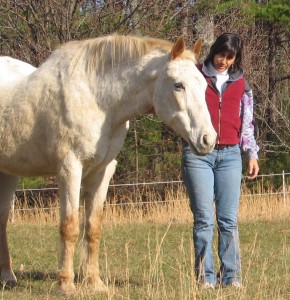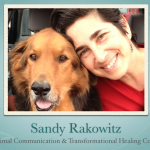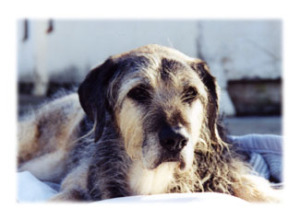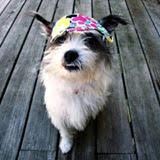Sunny my horse was 35 yrs old when I first met Holistic Vet Ella Bittel. I heard her speak on End of Life Care with animals and was so deeply touched and moved.

I was able to spend some time talking with Ella. Her suggestions for caring for my aging horse were inspiring and comforting.
The following year, my horse was still alive at age 36, and though blind, he was doing quite well. There had been a few roller coaster rides of his almost leaving, and then making remarkable come backs.
Quality of Life and Quality of Death
Excerpts Reprinted from Ella Bittel, DVM with permission
There is no doubt left even if there weren’t studies to prove it:
Our animal companions have loved their way into our families.
Few caretakers shy away anymore from admitting their pawed ones are their kids. We share our beds and dishes, pick the pet food with an ingredient list that reads most like the shopping list of a gourmet chef, and the pillow of our otherwise inviting looking chair- and warns uninitiated visitors:
“If you don’t like dog hair, don’t sit down.”
When it was her dog Momo’s time to get ready to depart,
it became clear to Ella that none of her traditional nor holistic
veterinary training had prepared her for how to support a dying animal.
The picture below was taken one day before Momo’s natural passing at 17 yrs., marking the
beginning of Ella’s commitment to learn about and help further animal hospice.
“Saying goodbye may not be easy, but embracing the dying process in its fullness also prepares our heart to say to our loved one, “I will be all right. You are free to go whenever the time is right for you.”
<On the subject of eating and not eating…>
Maybe we were just unfamiliar with what dying looks like when it happens in its own good time? Maybe we were just unaware of the fact well known in human hospice that the body may no longer desire food when it is in the process of wrapping up its business?
This usually does not pose a discomfort to the one dying, yet nonetheless consistently
upsets those relatives who do not know what is involved with that process: they commonly
confuse the possible loss of interest in food with starving.
A dying body simply has no use for fuel for a future that will not happen.
Yet this does not equal the ceasing of the will of the dying to still experience
all that is happening.
It is human to be afraid of death, especially the one of our loved ones.
Yet that very love connecting us to our human and animal children forms the core
of our ability to question preconceived notions about dying and suffering, to inquire
ahead of time how we can prepare for not only facing, but embracing the last
season of life and the ultimate challenge it can be to support our loved
ones throughout the time of farewell.
We may just find that supporting a dying animal gifts us with the opportunity
to prepare for fully being there, also for a dying human and for our own inevitable
departure whenever it may come.
Listen to an interview I had with Ella Bittel – Click this link to register – free.
About Your Animal Heart Wisdom Show Host,
Sandy Rakowitz
Sandy Rakowitz is an Animal Communicator, Transformational Healing Coach, Teacher, Author and Speaker. Sandy is  Founder of Living Your Best Life ‘Animal Communication’ Training and Mentoring Certificate Program where she guides and trains people to: Access and develop their natural intuitive and psychic abilities to learn what their animals are saying; Learn Integrative Holistic skills for Animal Wellness; Develop End-of-Life and Pet Hospice Support; and Awaken their life purpose with animals.
Founder of Living Your Best Life ‘Animal Communication’ Training and Mentoring Certificate Program where she guides and trains people to: Access and develop their natural intuitive and psychic abilities to learn what their animals are saying; Learn Integrative Holistic skills for Animal Wellness; Develop End-of-Life and Pet Hospice Support; and Awaken their life purpose with animals.
Sandy helps empower people to take their work with animals to the next level, make a difference in the world, build their animal care business, get more ideal clients, and prosper – with the animals they love.
Work With Sandy, click this link


Leave a Reply